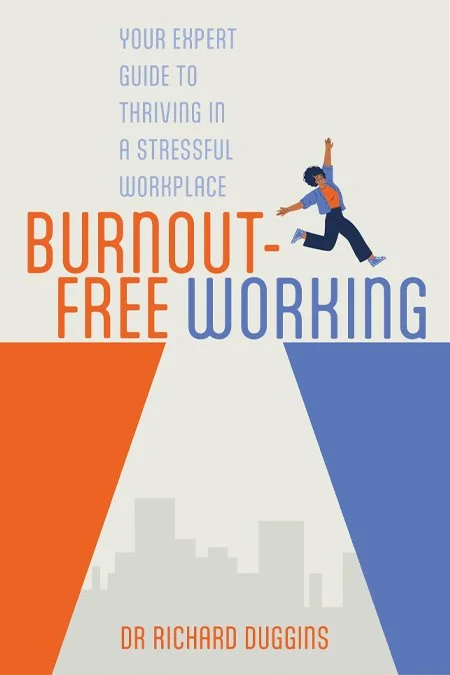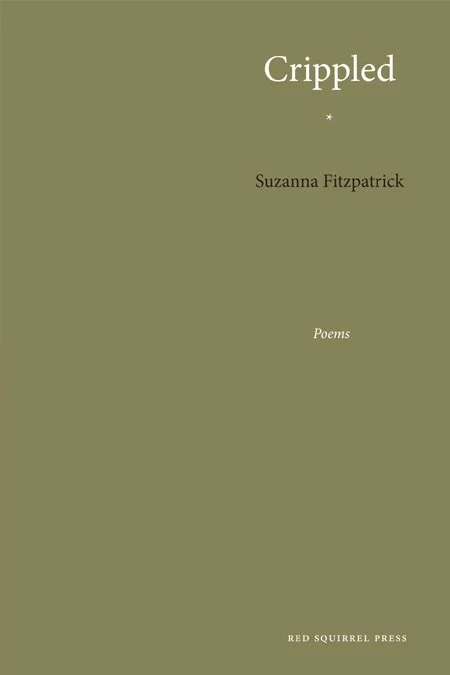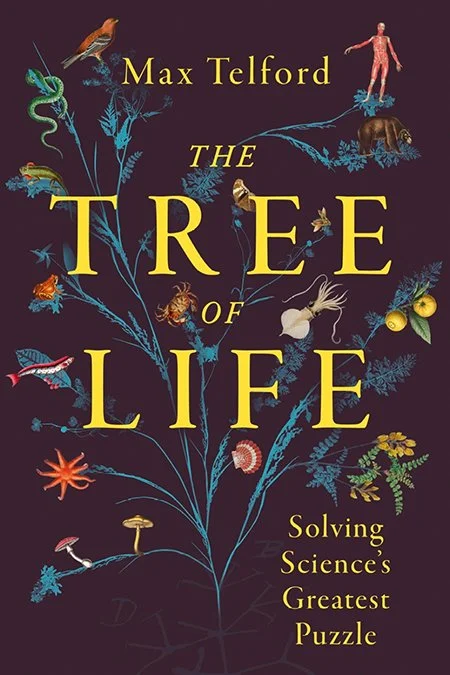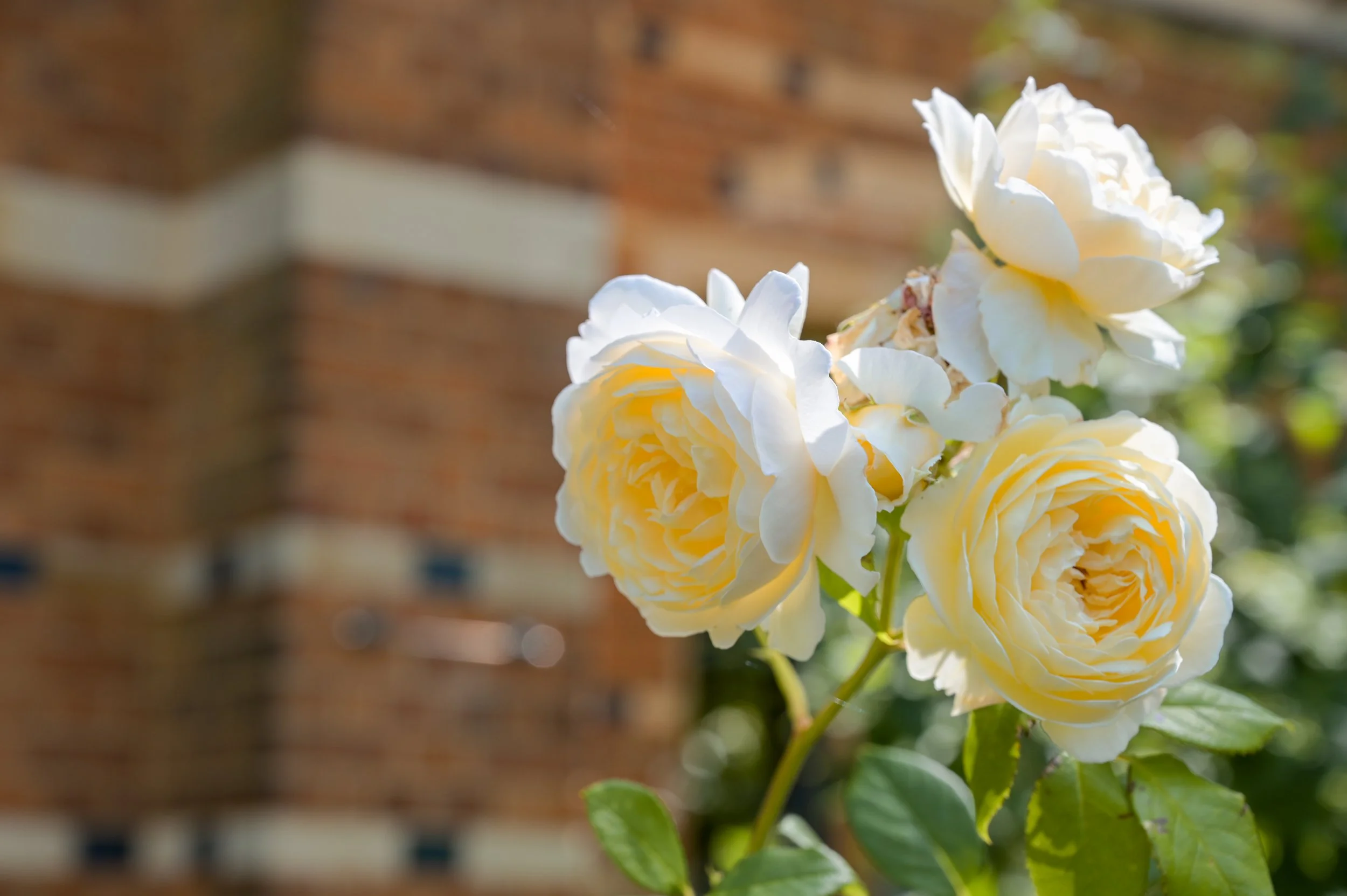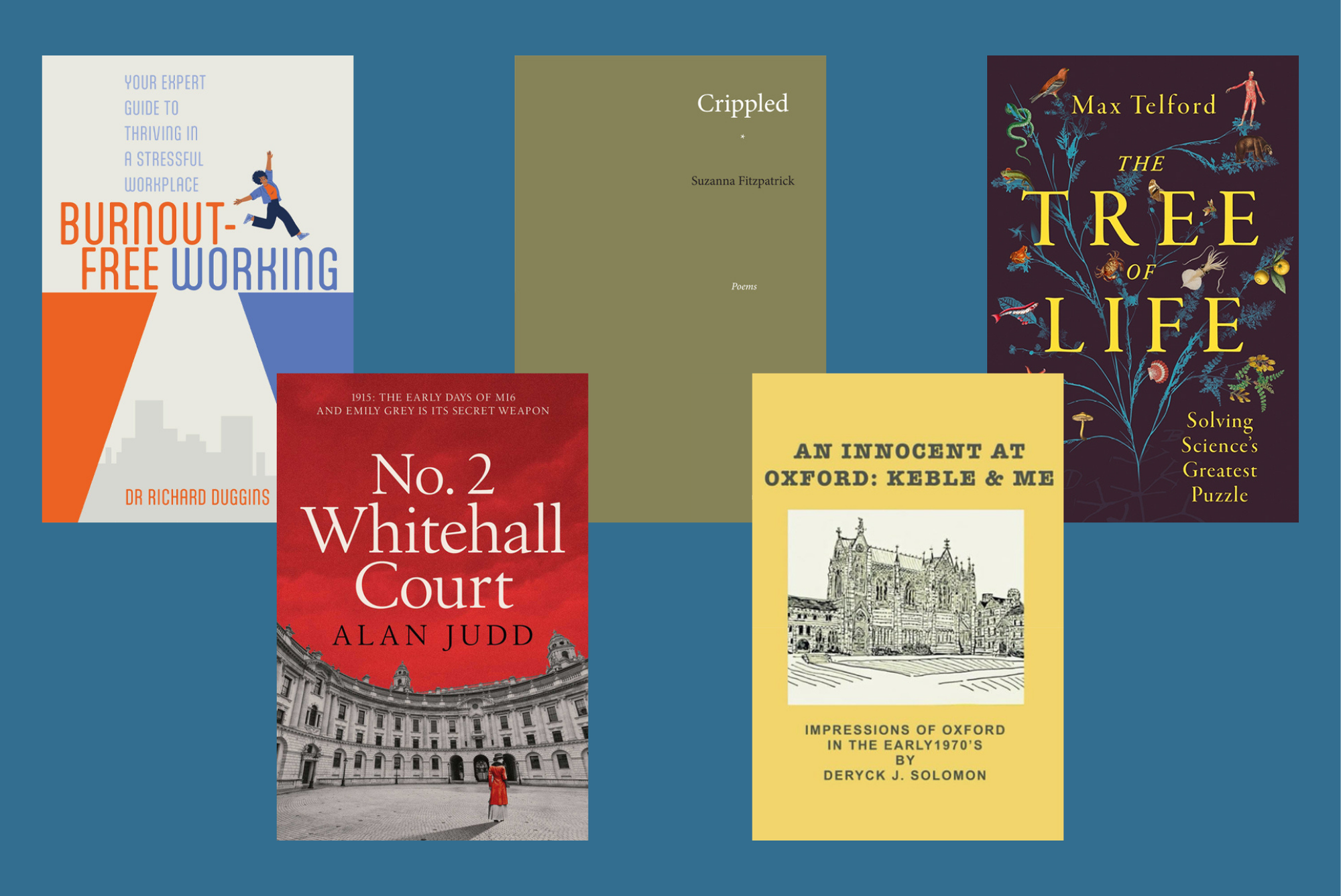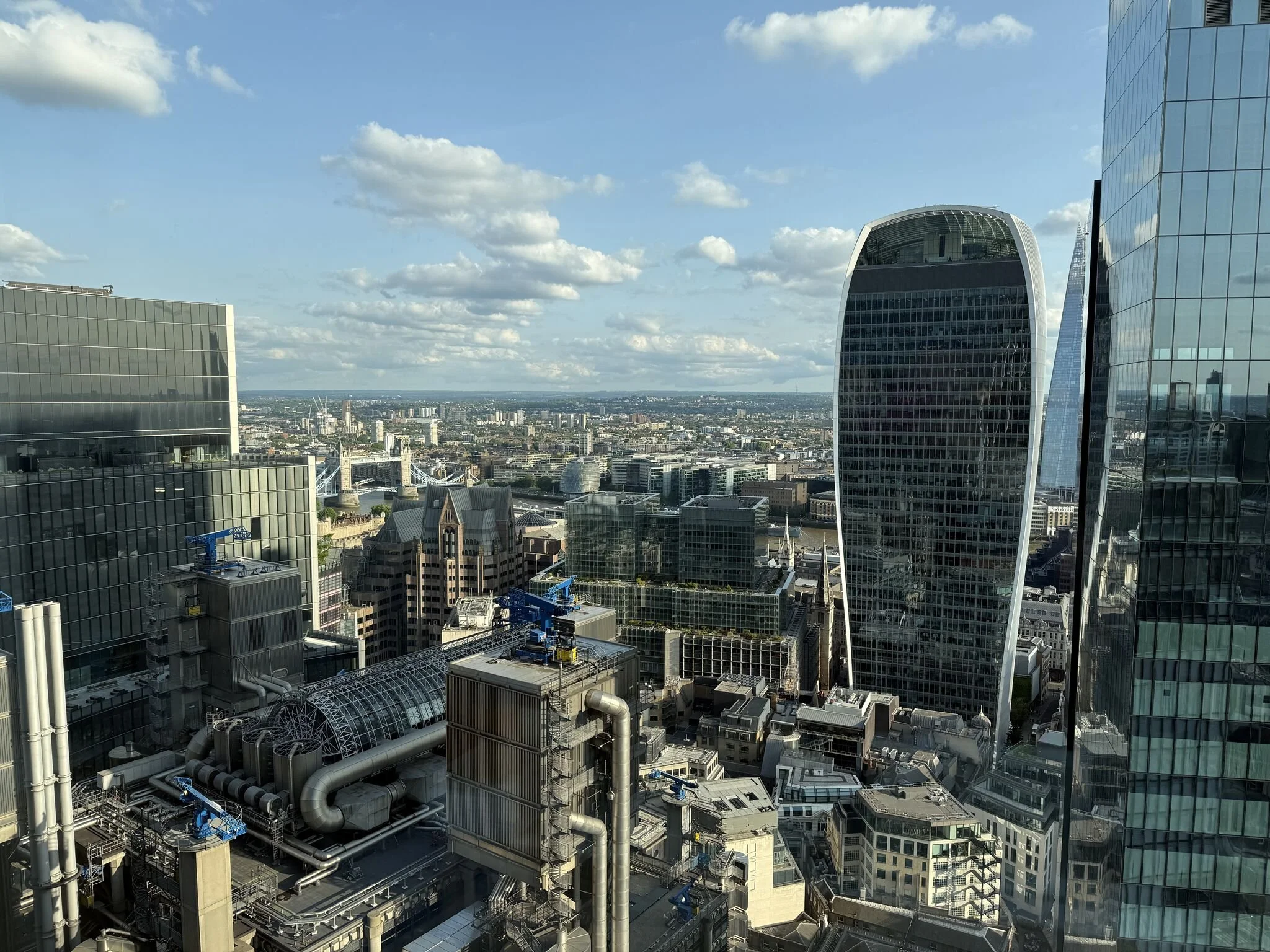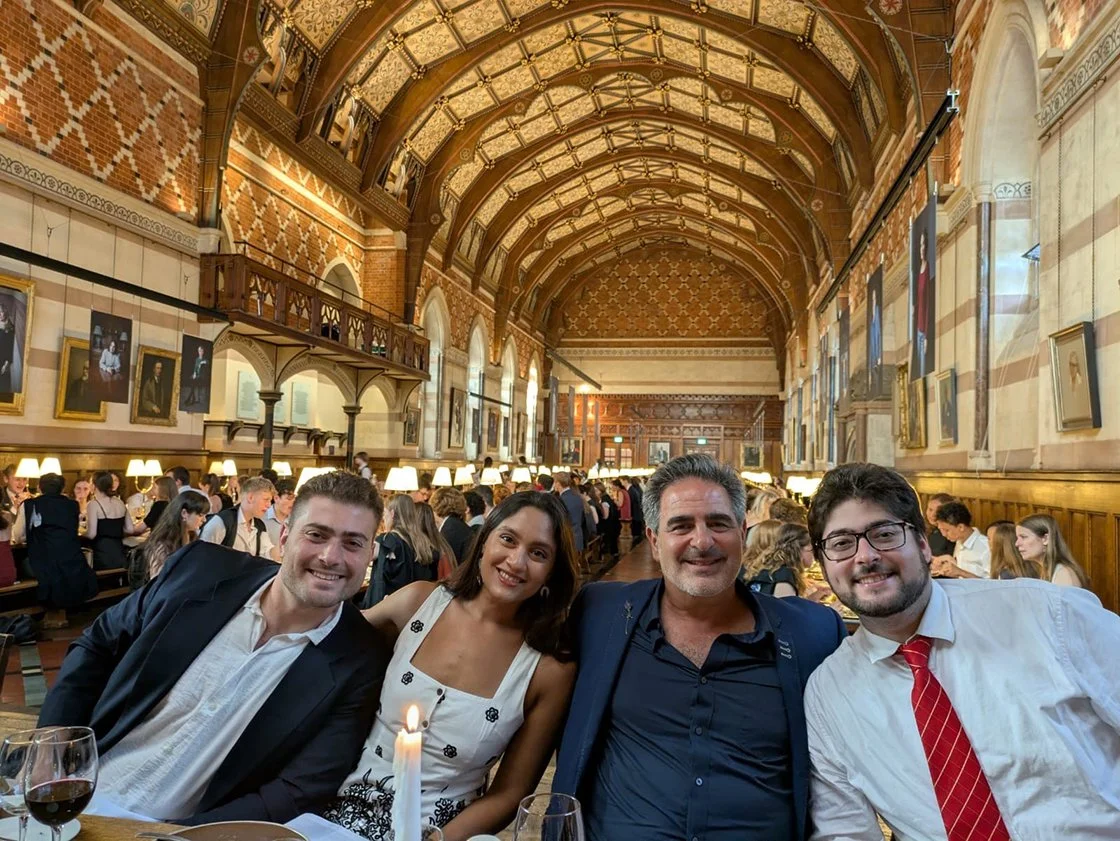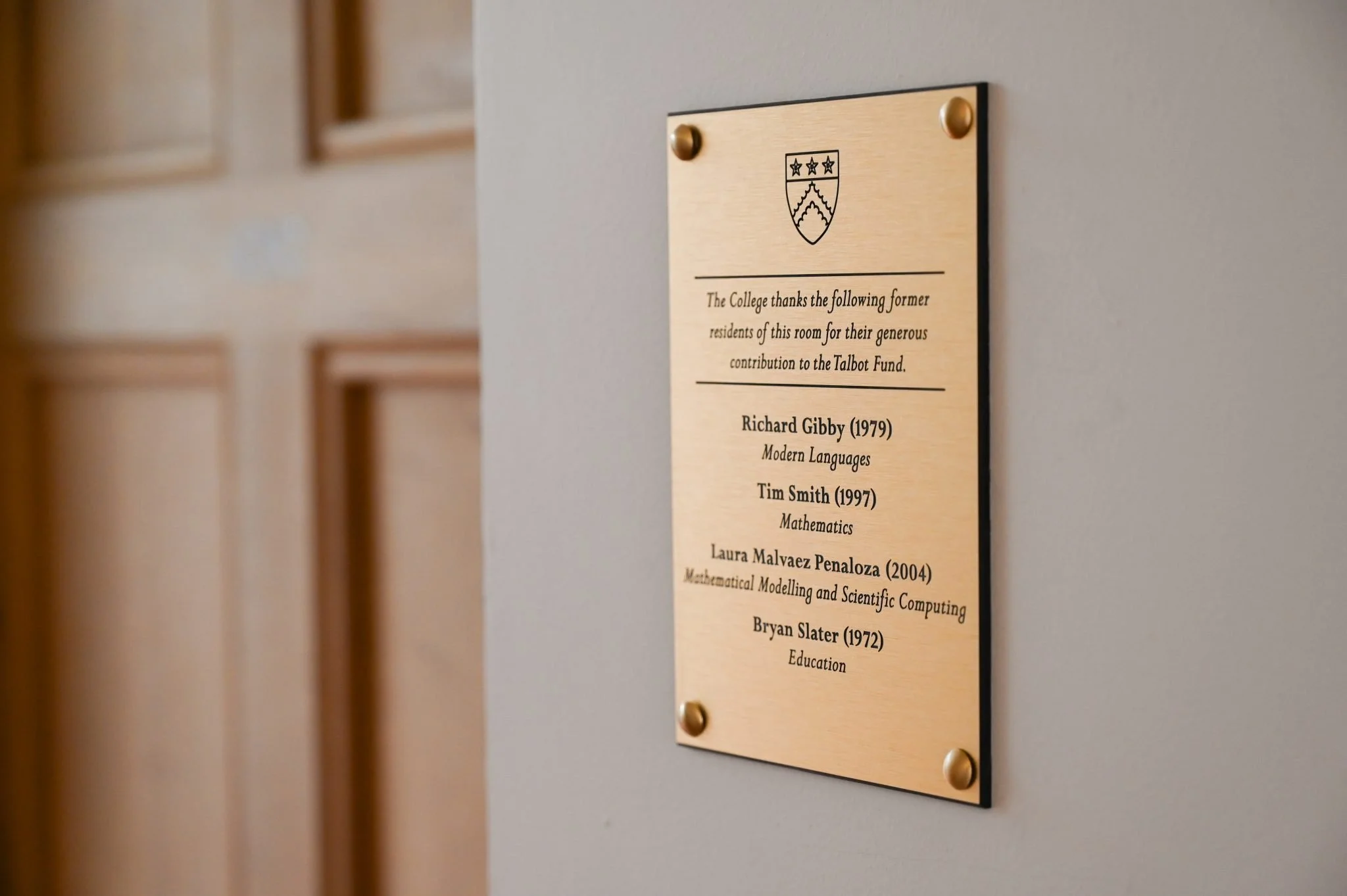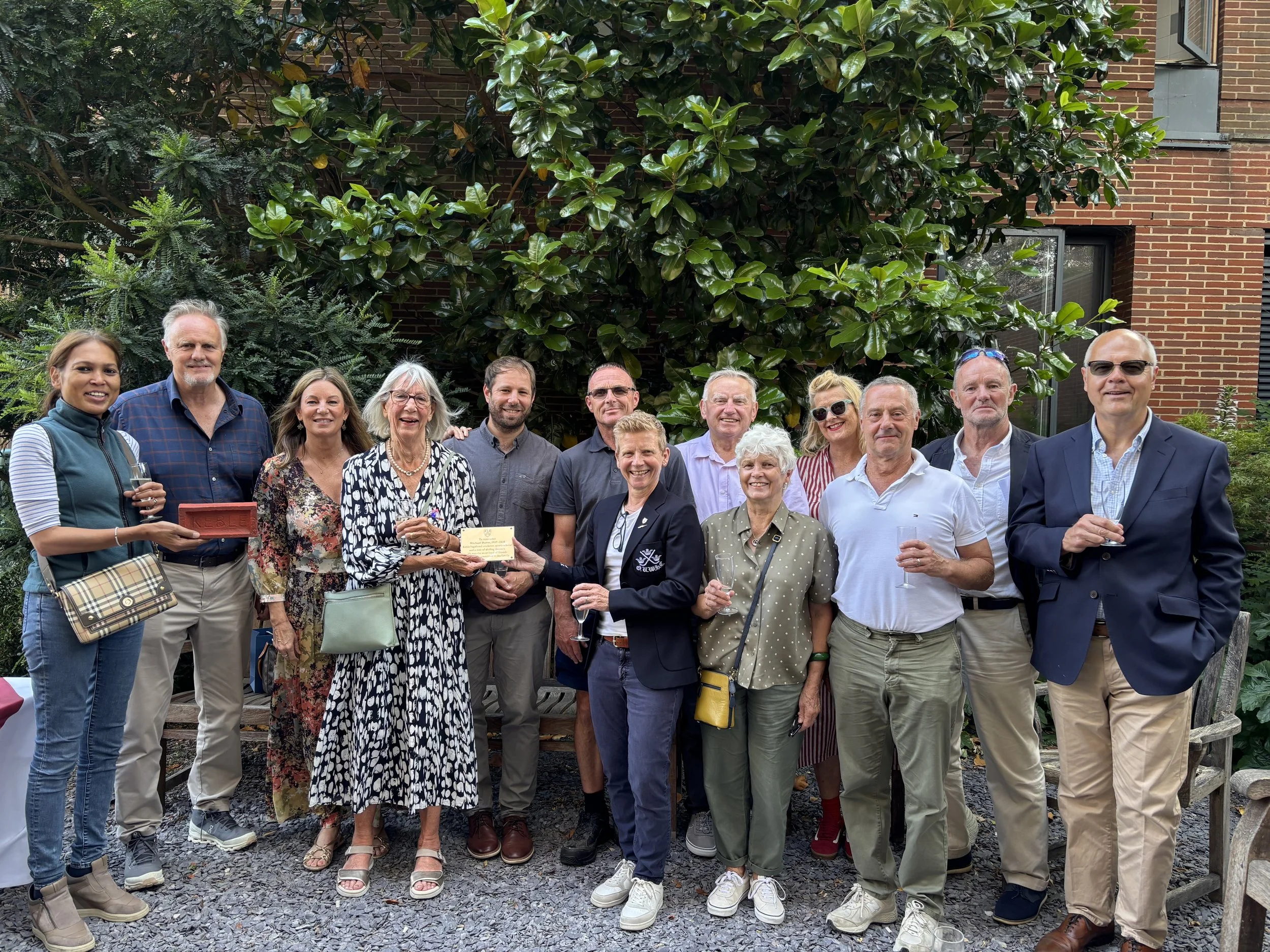Alumni in Print
Burnout-Free Working
Burnout-Free Working: Your Expert Guide to Thriving in a Stressful Workplace by Richard Duggins (1989 Pure and Applied Biology) provides a wealth of proven tools for burnout-free working. It covers all you need to know, including: spotting early signs of burnout, steering clear of 'the burnout cliff', tackling 'keep calm and carry on' culture, and developing strategies to support colleagues. As a psychiatrist, psychotherapist, and a leading trainer in burnout prevention, Dr Duggins breaks down common burnout myths (it's really not about building resilience!) and encourages us all to shift our thinking away from burnout recovery, instead towards living and working in a way that avoids burnout before you even get close.
Crippled
Crippled by Suzanna Fitzpatrick (1994 English) is her first full poetry collection, drawing on her childhood experience of her mother’s battle with multiple sclerosis at a time of minimal treatment and support. In response to this familiarity, Suzanna’s work is a moving exploration of the difficult topics of illness and grief, the first section a sonnet sequence on fear, uncertainty and the lived experience of a sick body, the second a sequence of short poems on death and the grieving process.
No.2 Whitehall Court
No.2 Whitehall Court by Alan Judd, the pen name of Alan Petty (1972 Philosophy and Theology, Honorary Fellow), travels back to the formative development of the Secret Intelligence Service during the early First World War in this spy thriller. As a former diplomat and soldier himself, Alan paints a thrilling picture of 1914’s MI6 and a high-stakes attempt by the Germans to trap the British Grand Fleet in port in the Firth of Forth, through the eyes of a young linguist. In a tale of tense counter-espionage, No.2 Whitehall Court follows the search to discover and stop an unknown traitor threatening to alter the entire course of the war before catastrophe hits.
An Innocent at Oxford: Keble & Me
An Innocent at Oxford: Keble & Me by Deryck J Solomon (1972 History) is Deryck’s latest memoir detailing his final months at school and the three years at Keble College that followed. Through the lens of the cultural landscape of the mid-1970s, Deryck unpicks the contrast and balance of working-class life in Birmingham and Oxford University’s unique ecosystem. The challenges of navigating academic pressures and social integration are considered against a blended backdrop of political unrest and popular music of the time, offering a vivid recount of undergraduate life at Oxford.
The Tree of Life
The Tree of Life by Max Telford (1986 Zoology) takes its readers on a journey navigating through Earth’s four-billion-year-long evolution and each of its many species. Life having started from a single ancestor, Max intricately traces how it branched from this humble beginning into its now vast abundance and intertwined relationship with one another, showing for example how it is possible that species like the grey wolf are more closely related to whales than to Tasmanian wolves. Full of fascinating stories like these, Max’s The Tree of Life offers a compelling insight into how scientists have tracked life’s complicated paths and how such diversity came to be.

